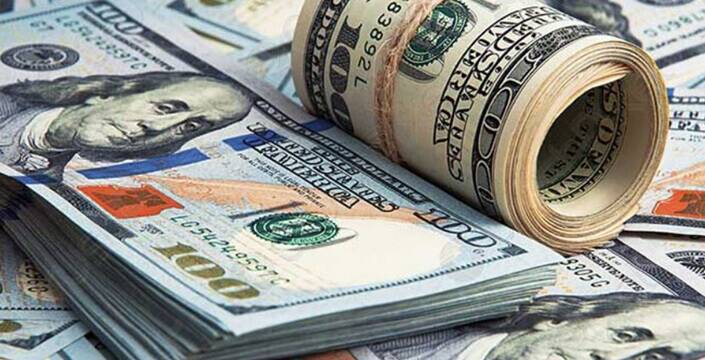The scheme accounted for 40 percent of importsImports made through the Franco Valuta scheme since April 2021 have accounted for more than 40 percent o
The scheme accounted for 40 percent of imports
Imports made through the Franco Valuta scheme since April 2021 have accounted for more than 40 percent of the entire import bill. It is a result of the government’s decision to address supply problems brought on by a lack of foreign exchange, which forced the implementation of the scheme across sectors. Last month, the IMF reported that Ethiopia’s forex reserve is not even enough to cover four weeks of the country’s imports.
Imports of items through the scheme have spiked since the government allowed certain items of necessity to be imported through the scheme as a solution to ease the inflation and shortage of food-related items. In the first three quarters since the government introduced the new rule, the value of imports through the scheme was USD 1.8 billion each, reaching between 45 and 42 percent of the total imports in Ethiopia.
During the third and fourth quarters of 2021–22, the value reduced to USD 1.6 billion each, covering 35.6 and 33.5 percent of total imports, respectively. Among the commodities the Franco Valuta was used for, food commodities have shown a significant spike, utilizing it extensively.
The use of this scheme for the import of items in this sector amounted to between USD 133 and 292 million during the first three quarters of 2020–21. However, the import of food items has doubled since the fourth quarter of the same year, and then peaked to USD 556.8 million in the first quarter of the last fiscal year.
Patrick Heinisch, an economist and capital market researcher who has been following the Ethiopian economy for years, observed the schemes’ contribution to the total imports. Since the NBE began reporting the Franco-Valuta’s contribution to imports in its quarterly report in 2018, Heinisch says he has observed 30 percent of the scheme’s contribution to total imports.
The rising share of Franco Valuta in total imports following the government’s decision to allow its use for the import of basic commodities was intended to reduce inflation, but inflation increased afterwards, according to Heinisch. Year-on-year inflation reached over 34 percent five months after the government’s decision, up from 19 percent in the month of April 2021, when it was allowed.
“We cannot say that the scheme was unsuccessful in bringing down inflation because the strong increase in the inflation rate was driven mostly by other factors, especially the foreign exchange shortage and the war,” Heinisch said. “It is possible that inflation would have been even higher without this decision.”
The NBE came up with restrictions to the scheme after observing how it was being “abused” last month, demanding bank statements from foreign currency sourcing countries for the importers using their own foreign currency.
The central bank is also conducting studies to ban a few items from the list of food items allowed to be brought under the scheme. Targeting to weaken the black market, Yinager Dessie (PhD), governor of the NBE, said that each Franco Valuta application will have to go through his office.
“The source of foreign currency for each trader applying for Franco Valuta will be checked in order to make sure that it is not sourced from the parallel market,” Yinager said in a press briefing last month.
Heinisch is looking forward to seeing if the planned restriction of the Franco Valuta would lead to a reduction of foreign currency in the parallel market. But for him, the severe shortage would still strengthen the black market and push companies towards this market.
“In the medium to long term, the only way to fight the black market is by improving economic fundamentals and increasing the level of foreign exchange,” he said. “In the current situation, this requires moving ahead with debt restructuring, improving relations with donors and international financial institutions, and continuing privatizations and economic reforms.”
news.google.com
